Digital Marketing Tools
Are you looking for digital marketing tools? If you do not like these tools then it won’t be beneficial for your digital presence. Here’s a list of popular digital marketing tools and their sources:
1. SEO Tools
- Google Search Console: https://search.google.com/search-console/
- Ahrefs: https://ahrefs.com/
- SEMrush: https://www.semrush.com/
- Moz: https://moz.com/
- Ubersuggest: https://neilpatel.com/ubersuggest/
2. Social Media Marketing Tools
- Hootsuite: https://hootsuite.com/
- Buffer: https://buffer.com/
- Sprout Social: https://sproutsocial.com/
- Canva: https://www.canva.com/
- Meta Business Suite: https://business.facebook.com/
3. Email Marketing Tools
- Mailchimp: https://mailchimp.com/
- Constant Contact: https://www.constantcontact.com/
- ConvertKit: https://convertkit.com/
- ActiveCampaign: https://www.activecampaign.com/
- SendinBlue: https://www.sendinblue.com/
4. Analytics Tools
- Google Analytics: https://analytics.google.com/
- Adobe Analytics: https://www.adobe.com/analytics.html
- Kissmetrics: https://www.kissmetrics.io/
- Crazy Egg: https://www.crazyegg.com/
- Mixpanel: https://mixpanel.com/
5. Content Marketing Tools
- HubSpot: https://www.hubspot.com/
- BuzzSumo: https://buzzsumo.com/
- CoSchedule Headline Analyzer: https://coschedule.com/headline-analyzer
- Grammarly: https://www.grammarly.com/
- Jasper (formerly Jarvis): https://www.jasper.ai/
6. Advertising Tools
- Google Ads: https://ads.google.com/
- Facebook Ads Manager: https://www.facebook.com/business/tools/ads-manager
- LinkedIn Ads: https://business.linkedin.com/marketing-solutions/ads
- AdRoll: https://www.adroll.com/
- Taboola: https://www.taboola.com/
7. Automation Tools
- Zapier: https://zapier.com/
- Marketo: https://www.marketo.com/
- Pardot (Salesforce): https://www.salesforce.com/products/marketing-cloud/marketing-automation/
- HubSpot Marketing Hub: https://www.hubspot.com/marketing
8. E-commerce Marketing Tools
- Shopify: https://www.shopify.com/
- BigCommerce: https://www.bigcommerce.com/
- WooCommerce: https://woocommerce.com/
- Klaviyo: https://www.klaviyo.com/
- Omnisend: https://www.omnisend.com/
9. Digital Marketing Service Provider
- Appear Tech: https://appeartech.com.bd/
How do you use these digital marketing tools?
Using digital marketing tools effectively requires understanding their purpose, features, and how they fit into your marketing strategy. Here’s a general guide to using the different categories of digital marketing tools:
1. SEO Tools
Purpose: Improve website visibility and rankings in search engines.
How to Use:
-
Google Search Console:
- Submit your sitemap for indexing.
- Track website performance (clicks, impressions, and rankings).
- Fix errors like broken links or mobile usability issues.
-
Ahrefs / SEMrush / Moz:
- Perform keyword research for content optimization.
- Analyze backlinks to improve domain authority.
- Conduct competitor analysis to identify content gaps.
- Track keyword rankings over time.
-
Ubersuggest:
- Use it for affordable keyword and content ideas.
- Optimize your website’s SEO score.
2. Social Media Marketing Tools
Purpose: Manage, schedule, and analyze social media campaigns.
How to Use it:
-
Hootsuite / Buffer / Sprout Social:
- Connect your social media accounts.
- Schedule posts across multiple platforms.
- Monitor audience engagement and analytics.
-
Canva:
- Create professional graphics for posts, stories, and ads.
- Use templates to speed up the design process.
-
Meta Business Suite:
- Manage Facebook and Instagram ads.
- Track ad performance and audience demographics.
3. Email Marketing Tools
Purpose: Create and manage email campaigns.
How to Use:
-
Mailchimp/ Constant Contact / SendinBlue:
- Import your email list and segment it based on customer behavior.
- Design visually appealing emails using drag-and-drop editors.
- Automate follow-up emails (ex. welcome series or abandoned cart emails).
- Analyze open rates, click-through rates, and conversions.
4. Analytics Tools
Purpose: Track and analyze website and campaign performance.
How to Use:
-
Google Analytics:
- Set up tracking for your website.
- Monitor user behavior (bounce rate, session duration, and demographics).
- Track conversions using Goals or eCommerce Tracking.
-
Crazy Egg / Kissmetrics:
- Use heatmaps to see where users are clicking.
- Optimize website design for a better user experience.
-
Mixpanel:
- Focus on user engagement and retention.
- Track event-based analytics (ex. button clicks or form submissions).
5. Content Marketing Tools
Purpose: Create and optimize high-quality content.
How to Use:
-
HubSpot:
- Use the blog editor for content planning and publishing.
- Manage and schedule content calendars.
-
BuzzSumo:
- Discover trending topics in your niche.
- Identify high-performing content ideas from competitors.
-
Grammarly:
- Proofread content for grammar, clarity, and tone.
- Ensure high-quality writing.
6. Advertising Tools
Purpose: Run paid ad campaigns to reach target audiences.
How to Use:
-
Google Ads:
- Set up campaigns (Search, Display, or Shopping).
- Conduct keyword research using the Keyword Planner.
- Analyze ad performance and adjust bids for better ROI.
-
Facebook Ads Manager:
- Choose objectives like brand awareness, lead generation, or sales.
- Set up audiences based on demographics, behavior, or interests.
- Monitor campaign performance.
-
AdRoll / Taboola:
- Use retargeting ads to bring back visitors.
- Set up dynamic product ads for eCommerce.
7. Automation Tools
Purpose: Save time and automate repetitive tasks.
How to Use:
-
Zapier:
- Connect apps like Gmail, Slack, and Shopify.
- Create workflows (e.g., automatically send a Slack message when you receive an email).
-
Marketo / Pardot:
- Use for lead nurturing and scoring.
- Automate multi-channel marketing campaigns.
8. E-commerce Marketing Tools
Purpose: Manage and grow online stores.
How to Use:
-
Shopify / WooCommerce:
- Build your online store and customize product pages.
- Integrate with payment gateways.
- Run marketing campaigns using in-built tools.
-
Klaviyo / Omnisend:
- Automate cart abandonment emails.
- Use segmentation to send personalized offers.
9. Digital Marketing Service Provider
Purpose: Web design & development, SEO, SEM, SMM, and PPC
How to use it:
- Web Design & Development: Choose a package or send your requirements and they will contact you after the requirements are done place an order and get an exciting delivery experience. you can know web design prices in Bangladesh.
- SEO: Choose an SEO package and confirm the order. know SEO pricing for Bangladesh and internationally.
- SEM: Choose an SEM package and place an order on their website.
- SMM: Choose an SMM package for specific social media like Facebook, YouTube, and Linked In.
- PPC: Contact to get this PPC service.
Tips for Digital Marketing Tools Effectiveness:
- Start with a Strategy: Define your goals (ex. brand awareness, lead generation, sales).
- Learn the Basics: Use tutorials and guides offered by these tools (most have robust help centers or training programs).
- Test and Optimize: Monitor performance metrics and adjust your approach.
- Integrate Tools: Combine tools (ex. analytics + email marketing) for seamless workflows.
- Stay Updated: Tools often update features; regularly explore their updates.
Why Digital Marketing Tools?
Without digital marketing tools, you cannot do your digital task perfectly and smoothly. These digital marketing tools make it easy to improve online visibility, automatic, schedule, research, analysis, and many more can do using it.



